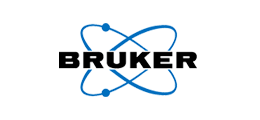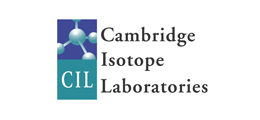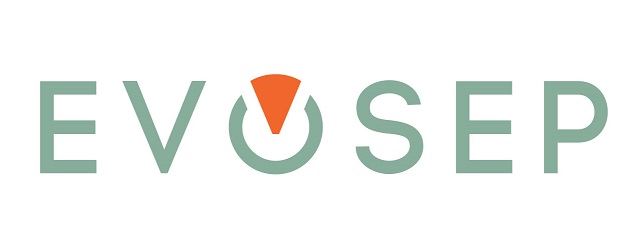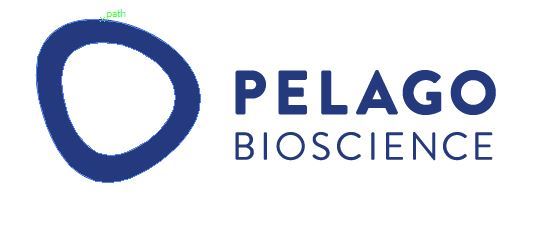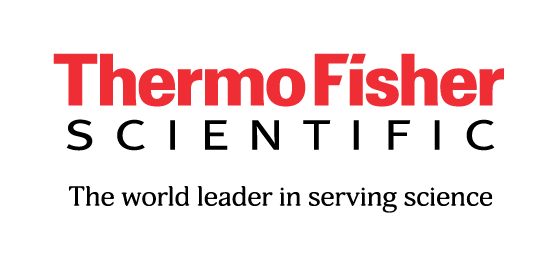|
2021 western region candidates |
Justyna Fert-Bober
Assistant Professor, Cedars-Sinai Medical Center, USA
I take great pride in the obligation to mentor the younger generation to become future leaders of organizations like HUPO. I have experience of volunteering within International HUPO activities, including congress organization, participating in the planning ECR events and other HUPO related events. I support an inclusive environment that provides equal opportunity for all delegates by build networks between researchers, industry and clinicians. Ramesh KatamAssociate Professor, Florida A&M University, USA 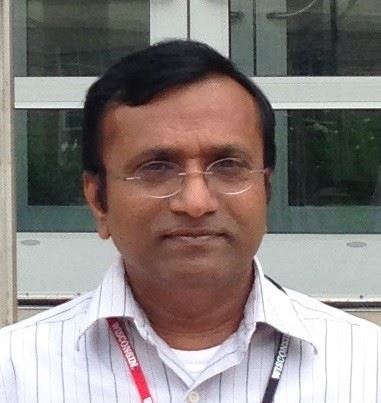 I have been active member in HUPO meetings since 2013 and have presented my research in oral and poster sessions. Several of my undergraduate and graduate students have presented their research and benefited from the meetings by developing scientific network. I have conducted proteome research for the past 15 years and have been published in peer-reviewed journals. I am currently a reviewer to various proteome and genomics journals including the Journal of Proteomics, Journal of Proteome Research, BMC Plant Biology, Proteomes, etc. I have been active member in HUPO meetings since 2013 and have presented my research in oral and poster sessions. Several of my undergraduate and graduate students have presented their research and benefited from the meetings by developing scientific network. I have conducted proteome research for the past 15 years and have been published in peer-reviewed journals. I am currently a reviewer to various proteome and genomics journals including the Journal of Proteomics, Journal of Proteome Research, BMC Plant Biology, Proteomes, etc.During the post genomic era, the advances in mass spectrometry technologies have created new dimensions of proteome research in plants, animals, microbes, and humans. Although there is a tremendous increase in the proteomics research, the need for more young scholars and researchers to investigate the organisms at proteome and proteoforms at single cellular and, organelle level. Now, during the current COVID era, the scientific community has and will be facing further extensive challenges and therefore will need to investigate molecules associated with the constantly changing mutations and manifestation of epigenetic modifications. Findings from this research can lead to crucial data relevant to this pandemic as well as the hardships in science and medicine we may face in the future. As a member of the organization, I have developed strong linkages and collaborations with the scientists from various countries, such as Australia, Bangladesh, Canada, France, Japan, India, Iran, Pakistan, and the USA. I have travelled extensively and participated in the proteomics projects in various laboratories across countries. These experiences have allowed me to build my networking skills, mentor novice researchers and scholars, and collaborate in research relating to proteomics and computational data sciences. A society will grow with the teamwork of members, and the elected council. Based on my publications, association with various researchers across the world, and experience as a Principal Investigator, I would have the opportunity to lead the members and enhance the functioning of the organization. One of my goals as an integral player of the HUPO council is to link multiple branches of OMICS to PROTEOMICS through HUPO. As an educator and researcher, I have organized conferences and invited national, international speakers to our institution. I have also successfully participated in the institutional strategic goals. I believe these experiences and skills will help me in developing creative ideas and methods to help with the advancement of the organization if I were to have the opportunity to serve on the council. With the above skills and qualities, I am well suited for a position on the HUPO council. Yansheng LiuAssistant Professor, Yale University School of Medicine, USA
My Ph.D. training took place in China, postdoctoral research in Europe, and independent scientific career in the USA. This fortunate experience gives me great opportunities to interact or collaborate with many proteomics scientists from many different regions and to appreciate their scientific work and intelligence deeply. I have always been a fan of HUPO and attended eight HUPO Congresses in the last ten years. I served as a HUPO Award Committee member for three years. Also, I reviewed >50 papers for Proteomics, JPR, JP, and MCP. I participated as a lecturer in the Targeted Proteomics Course a few times. As a maturing, early-to-mid career scientist of proteomics, I sincerely hope to contribute more and serve more to our community as a member on the HUPO council in the next couple of years. Christopher OverallProfessor, University of British Columbia, Canada
Dr Overall was appointed a Tier 1 Canada Research Chair in Protease Proteomics and Systems Biology (2001) and a Senior Fellow of the Freiburg Institute of Advanced Studies, Universität Freiburg, Germany (2010–2013), where he is an Honorary Professor (2014–). I was inducted as a fellow into the Royal Society of Canada in 2018. I published my first proteomics paper in 2004 in PNAS on the application of ICAT for membrane protein shedding by proteases leading to substrate discovery, thus initiating the field of degradomics. My lab has continued to pioneer innovative quantitative proteomic techniques and polymers-for-proteomics to enrich and identify proteolysis products in vivo, enabling the identification of protein natural N and C termini, proteolytic cleaved neo-N- and neo-C-termini, proteolytic proteoforms, and thereby understanding of the roles of proteases in vivo. Presently, my entire lab is using our degradomics platform to discover new substrates and pathobiological roles for the SARS CoV-2 3CLpro and PLpro proteases in COVID-19 with >200 hist cell substrates identified and validated leadaing to new insight to the pathobiology of COVID-19. He is an influential scientist (h-index of 96) in proteomics with >33,000 citations from 288 papers, including 29 high-impact Nature (1), Science (2), Cell and daughter journal (26) papers. He has trained 40 PDFs and graduated 14 Ph.D. and 5 M.Sc. students, with 7 now Full Professors, 2 Associate Professors, and 9 Assistant Professors. Henry RodriguezDirector, National Cancer Institute, USA
Dr. Rodriguez became involved in cancer research upon learning of his mother diagnosed with breast cancer. He was recruited to the NCI to develop its flagship initiative in clinical proteomics (CPTAC - Clinical Proteomic Tumor Analysis Consortium) - a multidisciplinary/multi-institutional effort in translational proteogenomics research that includes extensive open-access public repositories of proteogenomics data, with associated targeted assays and antibodies. Additional contributions include a targeted assay used in clinical reference labs; support for the development of Skyline; regulatory clearance documents for mass spec platforms; and development of proteomic data sharing policies (Amsterdam Principals). Dr. Rodriguez also founded and led the development of the International Cancer Proteogenome Consortium, a 14 country program focused on global health, and co-founded/co-led the development of the Applied Proteogenomics OrganizationaL Learning and Outcomes Network focused on military health - both for the Cancer Moonshot. Dr. Rodriguez has authored more than 140 original research papers, including co-editing a best-selling book on oxidative stress and aging. Dr. Rodriguez received his B.S. in biology/chemistry and M.S. in biology/toxicology from Florida International University, Ph.D. in cell and molecular biology from Boston University, and M.B.A. in finance and management from Johns Hopkins University Carey Business School. Fellowships were conducted at the Scripps Research Institute and City of Hope National Medical Center. Margaret SimonianResearch Scientist, University of California, Los Angeles, USA
I have been an active HUPO member since 2007 and I have participated/presented in numerous HUPO conferences since then. I am also a member of HUPO's B/D-HPP initiative (liver, brain and cancer). Reviewer for multiple scientific journals including J. Proteomics, J European Proteomics and J of Proteomes. And editorial board member for other scientific journals. Luis Manuel TeranProfessor, Instituto Nacional de Enfermedades Respiratorias, México
Olga VitekProfessor, Northeastern University, USA
I am a member of HUPO since 2008, and of HUPO since 2009. I am a member of the HUPO Council and of the board of directors of US HUPO. As a member of the HUPO Council, I would like to promote training of HUPO community in statistics and computation, and the importance of supporting the development of new methods and software for reproducible proteomic research. |

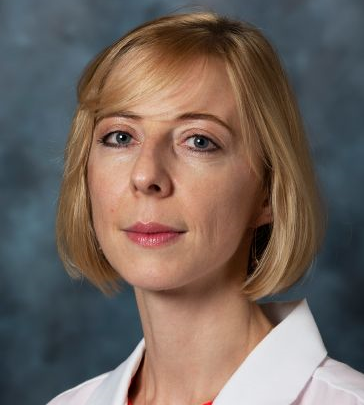 I am committed to facilitating the application of -omics research across all areas of science. This includes i) facilitating interactions between proteomics and the broader biological and clinical scientific community, ii) supporting the interactions and dialog within proteomic community, iii) helping develop future research leaders, helping early-career researchers promote themselves.
I am committed to facilitating the application of -omics research across all areas of science. This includes i) facilitating interactions between proteomics and the broader biological and clinical scientific community, ii) supporting the interactions and dialog within proteomic community, iii) helping develop future research leaders, helping early-career researchers promote themselves.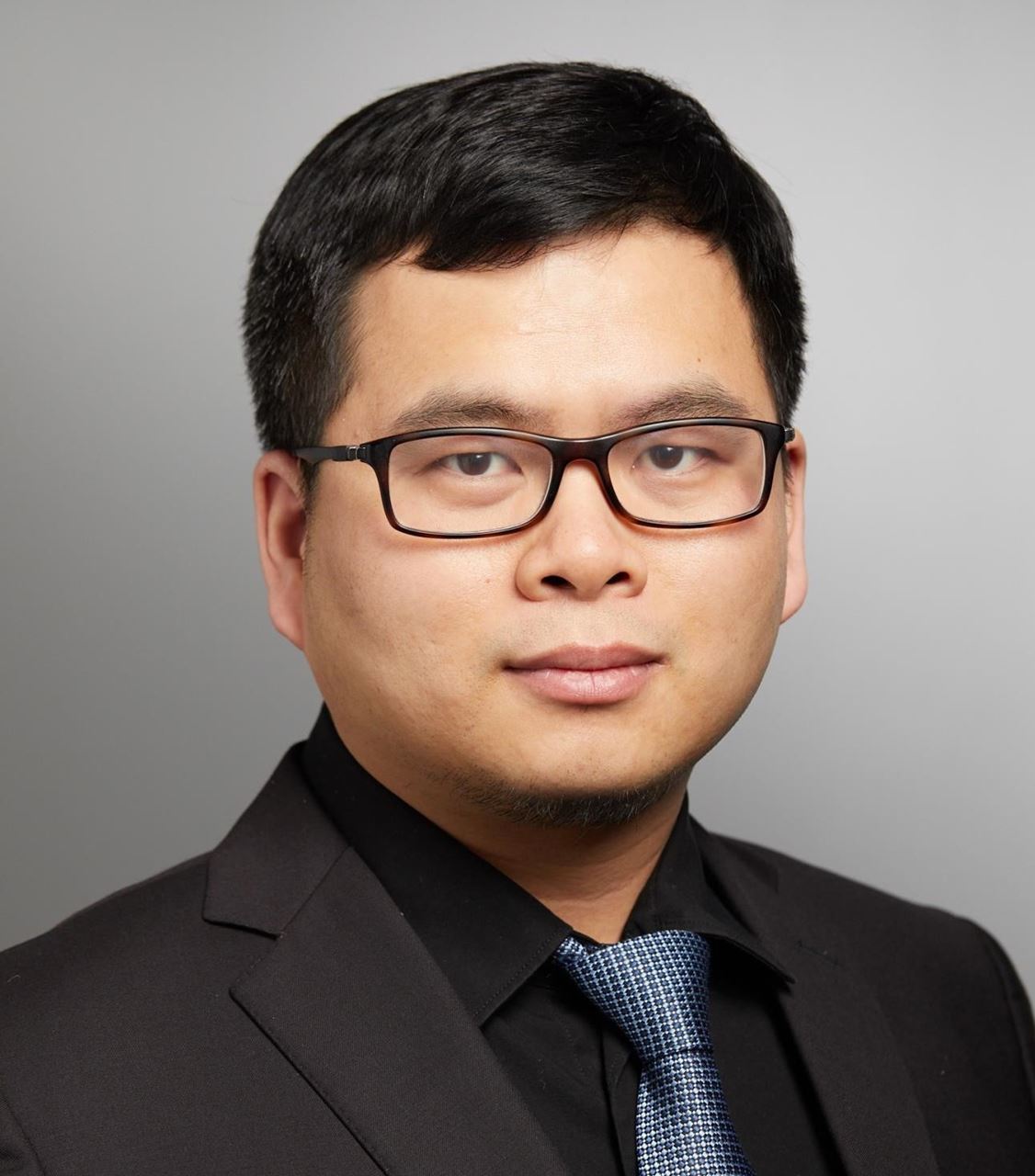 During my career, I established a keen interest in understanding the “genotype-phenotype” association. I started working in proteomics and targeted mass spectrometry (MS) such as S/MRM in 2005 as a Ph.D. student. In 2011-2017, I completed a 6.5-year postdoctoral experience in Aebersold lab at ETH Zurich, Switzerland, where I contributed to the development and application of a data-independent acquisition (DIA) method named SWATH-MS. In my current 4-year-old lab at Yale, the major scientific focuses are cancer aneuploidy and cellular signaling transduction. We also optimized, developed, and applied the pulse SILAC-DIA (pSILAC-DIA) technique to study the protein turnover for systems biological investigations.
During my career, I established a keen interest in understanding the “genotype-phenotype” association. I started working in proteomics and targeted mass spectrometry (MS) such as S/MRM in 2005 as a Ph.D. student. In 2011-2017, I completed a 6.5-year postdoctoral experience in Aebersold lab at ETH Zurich, Switzerland, where I contributed to the development and application of a data-independent acquisition (DIA) method named SWATH-MS. In my current 4-year-old lab at Yale, the major scientific focuses are cancer aneuploidy and cellular signaling transduction. We also optimized, developed, and applied the pulse SILAC-DIA (pSILAC-DIA) technique to study the protein turnover for systems biological investigations.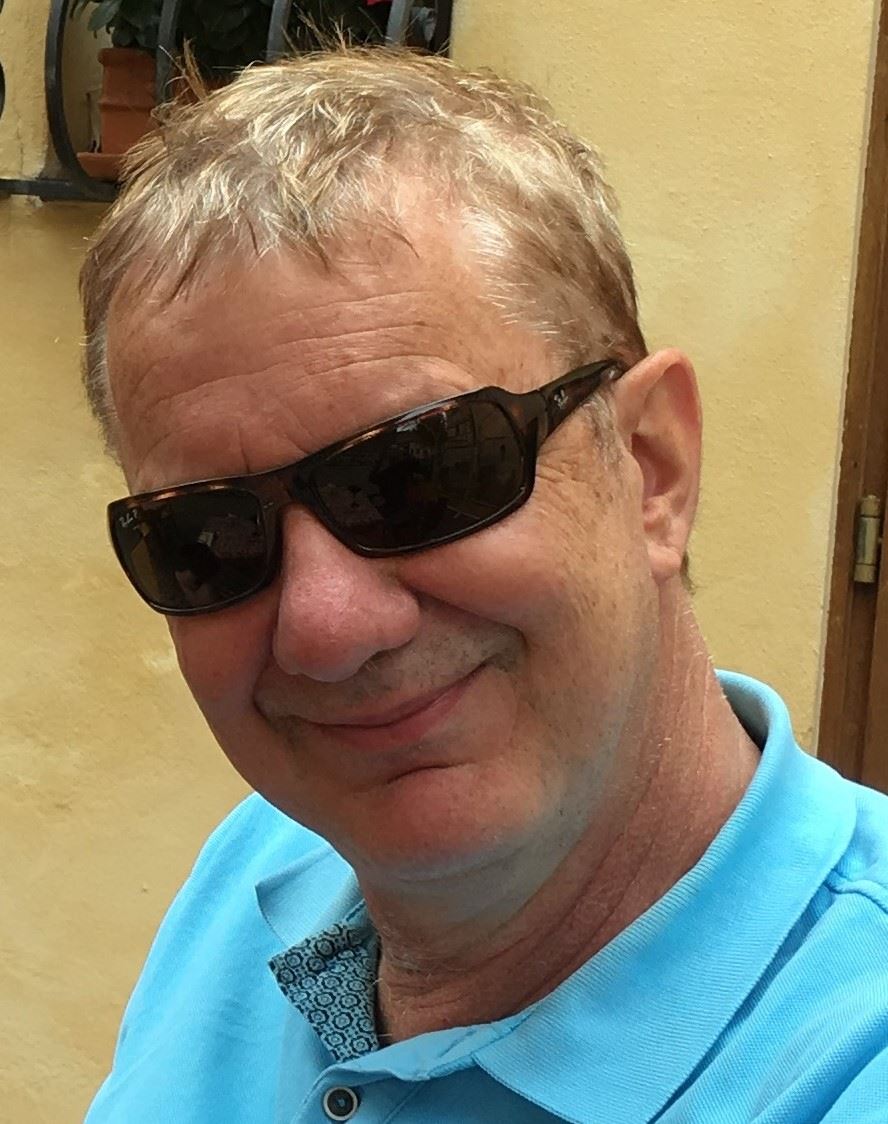 Chris Overall has been active in HUPO for more than a decade and since 2014 was elected to HUPO Council. I now sit on the HUPO Executive Committee as Treasurer, and since 2019 I was elected Chair of the C-HPP after serving as Co-Chair from 2015. I have been leading the NeXt-50 Missing Protein Challenge, and am Editor of the 3rd to 8th Journal of Proteome Research Special Issues on the HPP. I am an Associate Editor of JPR since 2015 and was also an Editor of mSystems 2015-1019.
Chris Overall has been active in HUPO for more than a decade and since 2014 was elected to HUPO Council. I now sit on the HUPO Executive Committee as Treasurer, and since 2019 I was elected Chair of the C-HPP after serving as Co-Chair from 2015. I have been leading the NeXt-50 Missing Protein Challenge, and am Editor of the 3rd to 8th Journal of Proteome Research Special Issues on the HPP. I am an Associate Editor of JPR since 2015 and was also an Editor of mSystems 2015-1019.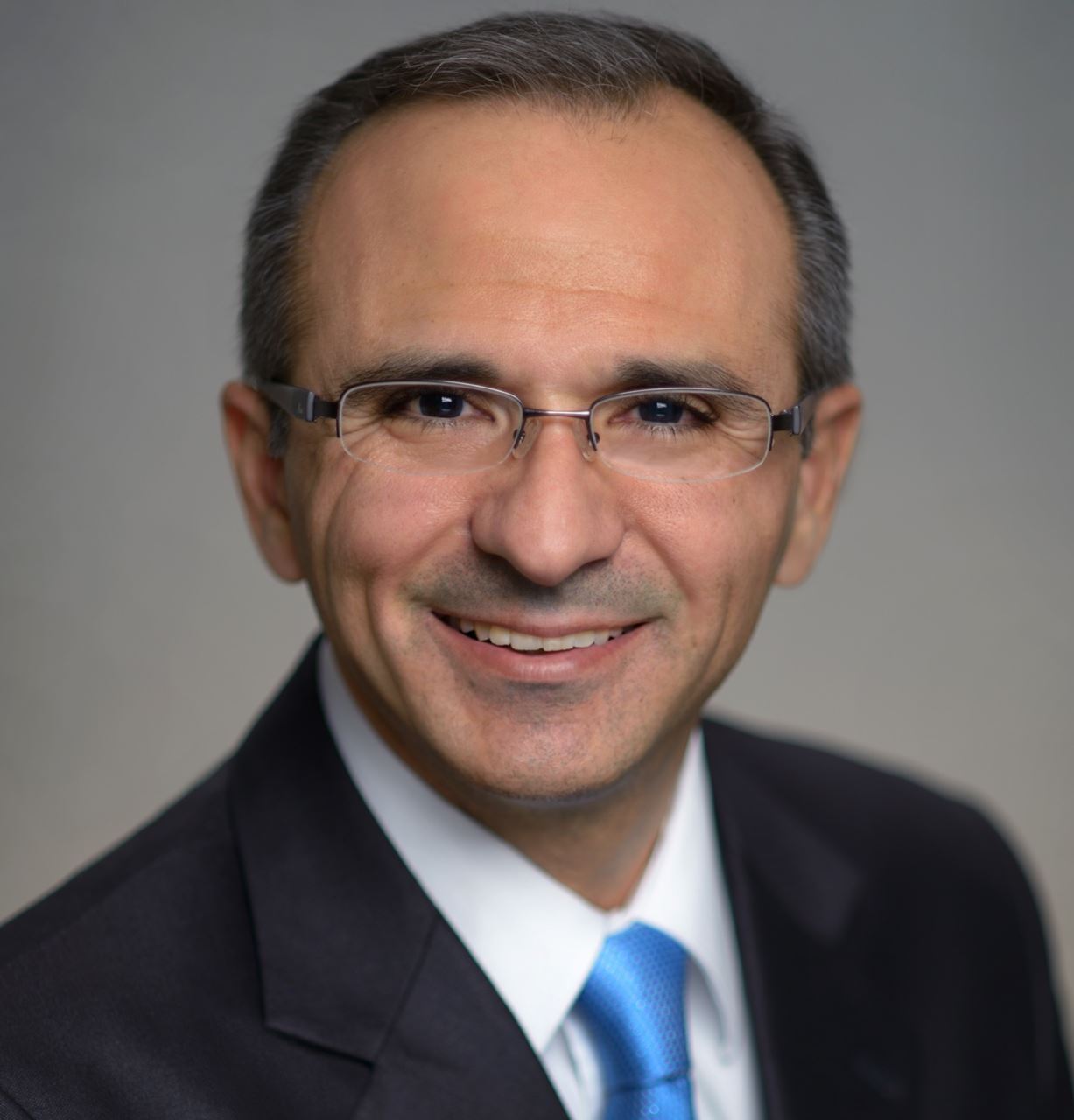 Dr. Henry Rodriguez is the founding Director of the Office of Cancer Clinical Proteomics Research at the National Cancer Institute (NCI), National Institutes of Health. His scientific accomplishments, innovation and commitment to medical research has been instrumental to the extent that his efforts have led to significant outcomes on advancing oncology proteomics and its integration with genomics to produce a more unified understanding of cancer biology, while creating public resources widely used by the global community.
Dr. Henry Rodriguez is the founding Director of the Office of Cancer Clinical Proteomics Research at the National Cancer Institute (NCI), National Institutes of Health. His scientific accomplishments, innovation and commitment to medical research has been instrumental to the extent that his efforts have led to significant outcomes on advancing oncology proteomics and its integration with genomics to produce a more unified understanding of cancer biology, while creating public resources widely used by the global community. I utilize proteomics and molecular biology in biomarker discovery, drug development and therapy of diseases, as well as advancing cancer immunotherapy with proteomics approaches, and Radioproteomics for cancer treatments.
I utilize proteomics and molecular biology in biomarker discovery, drug development and therapy of diseases, as well as advancing cancer immunotherapy with proteomics approaches, and Radioproteomics for cancer treatments. Ever since started my medical training in the field of Allergy and Clinical Immunology, I was interested in investigating the inflammatory proteins involved in allergic disease. My initial studies analyzed the serum of allergic subjects exposed to allergen challenge. However, it was until my PhD at the University of Southampton UK, that I undertook bronchoscopy studies in asthma patients which allowed me identifying several key proteins in bronchoalveolar lavage fluid including Interleukin 5. Interestingly, a neutralizing monoclonal to IL-5 (mepolizumab) was developed to treat severe asthma patients successfully. Currently, my research is focused on respiratory proteomics with a special interest in identifying allergen proteins in order to develop novel therapeutic interventions. I strongly believe that proteomics holds the promise to better understand human diseases. However, the medical community still is not fully aware of it. As a member of the HUPO council, I will encourage professional networking, education, and stronger cooperation between basic researchers and clinicians to bring proteomics to the forefront of medical research. I would like to mention that Countries with low financial income, lack the infrastructure to undertake proteomic research and require special support. For example, very few Latin-American Countries can afford proteomic research except Brazil and Mexico. My leadership skills in proteomics evolved when I was President of the Mexican Proteomic Society (2008-2009). Currently, I am part of the organizing committee for the 21st world HUPO Congress that will be held in Cancun, Mexico.
Ever since started my medical training in the field of Allergy and Clinical Immunology, I was interested in investigating the inflammatory proteins involved in allergic disease. My initial studies analyzed the serum of allergic subjects exposed to allergen challenge. However, it was until my PhD at the University of Southampton UK, that I undertook bronchoscopy studies in asthma patients which allowed me identifying several key proteins in bronchoalveolar lavage fluid including Interleukin 5. Interestingly, a neutralizing monoclonal to IL-5 (mepolizumab) was developed to treat severe asthma patients successfully. Currently, my research is focused on respiratory proteomics with a special interest in identifying allergen proteins in order to develop novel therapeutic interventions. I strongly believe that proteomics holds the promise to better understand human diseases. However, the medical community still is not fully aware of it. As a member of the HUPO council, I will encourage professional networking, education, and stronger cooperation between basic researchers and clinicians to bring proteomics to the forefront of medical research. I would like to mention that Countries with low financial income, lack the infrastructure to undertake proteomic research and require special support. For example, very few Latin-American Countries can afford proteomic research except Brazil and Mexico. My leadership skills in proteomics evolved when I was President of the Mexican Proteomic Society (2008-2009). Currently, I am part of the organizing committee for the 21st world HUPO Congress that will be held in Cancun, Mexico.  I am a statistician working in quantitative mass spectrometry and proteomics. My group develops statistical methods and open-source software, such as MSstats and Cardinal, that aim to facilitate accurate, efficient and reproducible mass spectrometrybased research. My group leads active educational work, organizing and participating in world-wide short courses on appropriate use of statistical methodology in proteomics, including May Institute on Computation and Statistics for Mass Spectrometry and Proteomics.
I am a statistician working in quantitative mass spectrometry and proteomics. My group develops statistical methods and open-source software, such as MSstats and Cardinal, that aim to facilitate accurate, efficient and reproducible mass spectrometrybased research. My group leads active educational work, organizing and participating in world-wide short courses on appropriate use of statistical methodology in proteomics, including May Institute on Computation and Statistics for Mass Spectrometry and Proteomics.
.png)


